
Faith Nyasuguta
A report by the UK-based Debt Justice released this week shows that African governments owe three times as much debt to private creditors in the West as they do to China.
Using data from the World Bank and International Monetary Fund (IMF), Debt Justice estimates that 35 percent of the continent’s external debt is owed to banks, asset managers and oil traders in the West, with Chinese lenders accounting for around 12 percent.
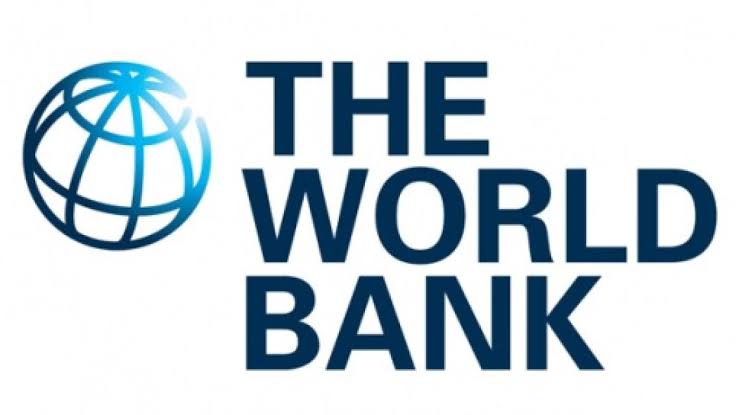
Of the $444 billion in debt repayments that African governments will cough up between 2022 and 2028, $156 billion or 35 percent will go to these private creditors compared with $83 billion due to China.
Since the launch of the G20’s Common Framework in November 2020, three countries – Ethiopia, Zambia and Chad –have applied for support under the programme aimed at providing debt restructuring as an answer to unsustainable debt levels. So far, none has received any debt relief.
The IMF has thus called for the initiative to be stepped up, warning that countries could face “economic collapse” if global action on debt relief falls short.
Currently, the Ethiopian authorities have approached their creditors to speed up relief decisions to help the nation to balance its budgetary needs in the wake of various crises.
The move made this week shows the situation in several African countries that may see their efforts at rebuilding post-Covid-19 drowned in mounting debt or weakening currencies.
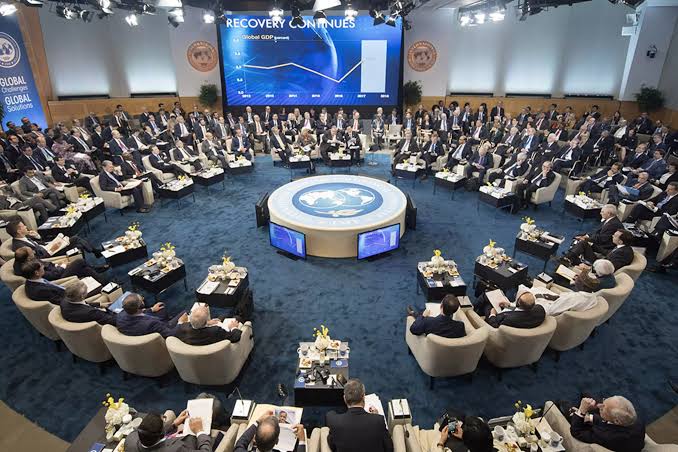
In the beginning of July, the Ethiopian parliament approved a budget of 786.61 billion birr ($15.17 billion), a 16.6 percent rise from last year. But the country may have to borrow above 232 billion birr ($4.45 billion) to fill the deficit.
Zambia, on its end, is scrambling to meet conditions for debt relief, as Ghana reached out to the IMF to help it manage mounting inflation.
Nigeria, Tunisia and Ghana have found themselves in the same risk pool, facing constant burdens to repay their debt.
ETHIOPIA DEBT

Ethiopia currently faces a double burden of paying up and returning the country to its pre-Covid 9.5 percent growth.
Its latest budget shows debt reduction will be a priority if the country is to pull back its economic growth and recover from the Tigray war.
Ethiopia’s outstanding $1 billion Eurobond matures next December and authorities have indicated they will service it, alongside the $66 million yearly interest. Bondholders may accept delayed repayment but that will force Addis Ababa to pay more interest.
Under the G20 credit framework, the country may ,however, still pay as agreed if the committee refuses to deliver appropriate timelines as demanded.
This week, State Minister for Finance Eyob Tekalign was in Paris to meet with various stakeholders on the sidelines of the Paris Forum, to discuss debt repayments and a potential for the country to return and borrow “for the long-term”, a dispatch said, suggesting a possible re-borrowing to prolong repayment schedules.
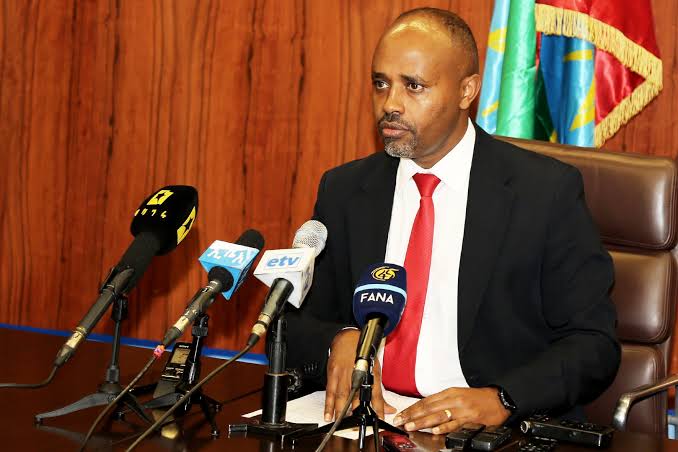
“The State Minister briefed the bondholders on the current macroeconomic performance of Ethiopia and the resolute commitment to service coupon payments despite the significant headwinds the global economy is facing,” the Ministry of Finance said in a note.
The Paris Forum, often called the Paris Club, brings together countries that lend money to poor nations.
Since 2021, they have been discussing coordinated ways of relieving heavily indebted countries as they recover from the Covid-19 pandemic.
For Ethiopia, the pandemic added to the conflict in Tigray, which officials admit has caused losses of $2.5 billion in infrastructure damages as well as displaced 2.1 million people and left another 600,000 in near-starvation.
PARIS CLUB DISCUSSIONS
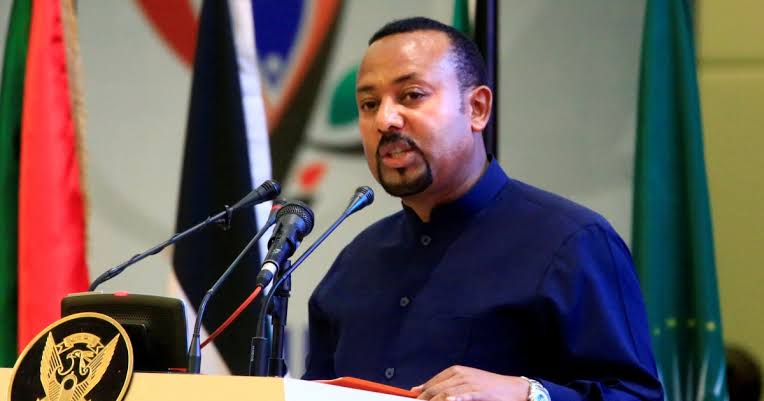
In his address to the House of Representatives on July 7, Ethiopian PM Aby Ahmed admitted insecurity had hurt development and told legislators his administration was prioritising debt reduction, reduction of budgetary deficit, efficient use of resources, stabilising inflation, humanitarian assistance and national peace and security.
“We recognise what is at play and hence our response is continuing to strengthen the security sector that is independent of ethnic preference, religious preference, political affiliation and personal gain. There is progress in this regard,” Dr Abiy said.
Zambia too has been seeking to please creditors and is rolling out a cocktail of measures, including cancelling projects worth more than $2 billion financed by commercial loans, as negotiations with international creditors gather pace.
Two years ago, Zambia became the first country to default on international loans and by end of last year its external debt stood at a staggering $17.27 billion.
China, which is owed $5.78 billion, is Lusaka’s biggest bilateral creditor after former president Edgar Lungu’s administration borrowed heavily from Beijing to roll out infrastructure projects.
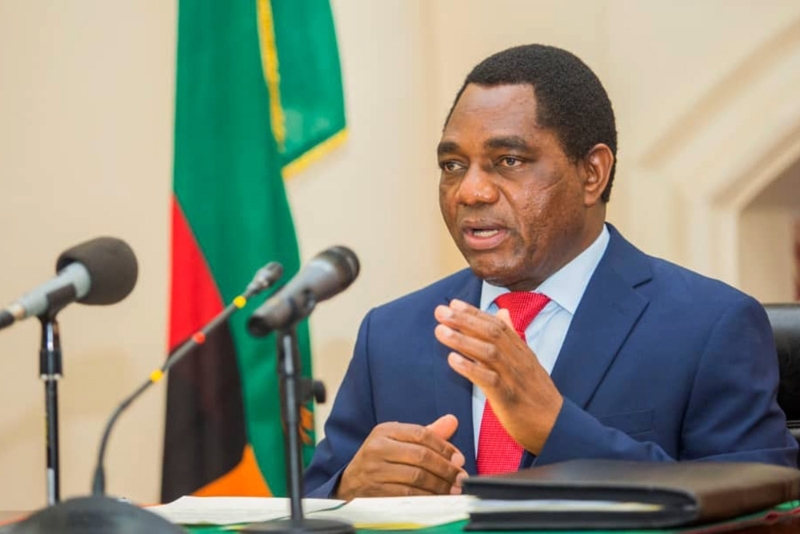
President Hakainde Hichilema’s government, which came into power last year, announced this week that it was cancelling projects as part of efforts to meet conditions set by creditors.
Zambia’s lawmakers are also considering a new law that will set strict limits on public borrowing and enhance transparency. The Public Debt Management Bill proposes that legislators must approve an annual borrowing plan prepared by a debt management office.
Clifford Zulu, a Lusaka-based economic commentator, said the proposed law would ensure transparency in acquisition of foreign loans and put a cap on what the government can borrow.
“If the Bill is passed into law as expected, the Finance minister will have to seek approval of the National Assembly before the government contracts any loan and that is a very progressive provision,” Mr Zulu said.
“More importantly, the creation of a debt management office means that the government has qualified advisors that will ensure that the debts we acquire in future are sustainable.”
In December last year the IMF agreed to give Zambia a $1.4 billion extended credit facility, but delays in the debt restructuring, especially with China, has delayed the disbursement.
Officials said the crucial negotiations were slow because Zambia had a wide range of creditors.
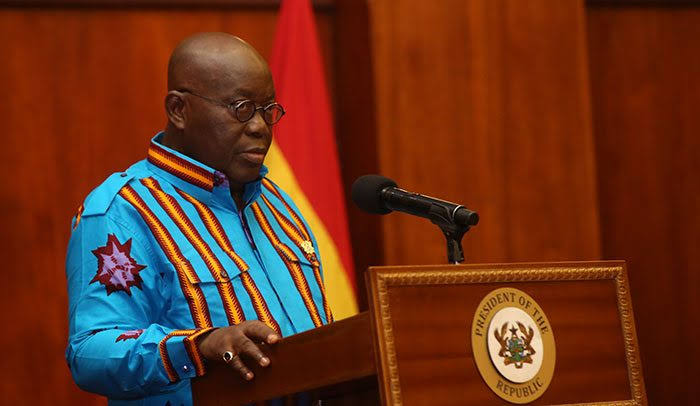
In Ghana, President Nana Akufo-Addo has been in talks with IMF for a relief package.
The country recorded an inflation rate of 29.8 percent in June, which saw four teachers’ unions demand a pay rise to march the rising prices. Citizens were also on the streets two weeks ago demanding government action over high commodity prices.
In Nigeria, the Debt Management Office has announced that the country’s public debt, which stood at N39.55 trillion ($70.6 billion) as at September 2021, was now N41.6 trillion ($74.3 billion).
Nigeria’s overall deficit in the 2022 budget was N6.30 trillion ($11.3 billion) or 3.46 per cent of the country’s GDP, to be financed by borrowing.
However, with the country’s national debt in relation to GDP at 35.51 percent, analysts suggest the debt is still within reasonable limits. According to the World Bank, a debt-to-GDP ratio that exceeds 77 per cent for an extended period may adversely impact on economic growth.




